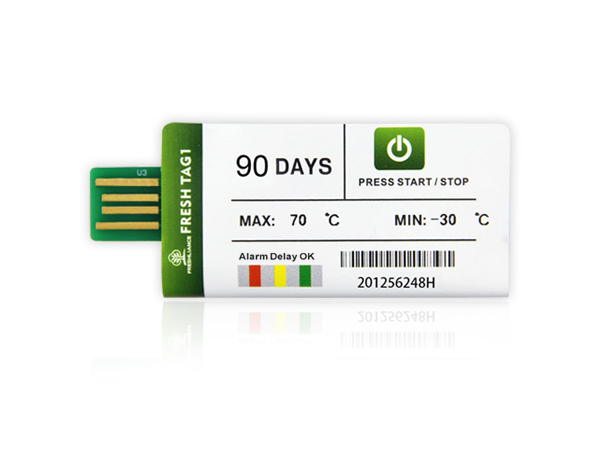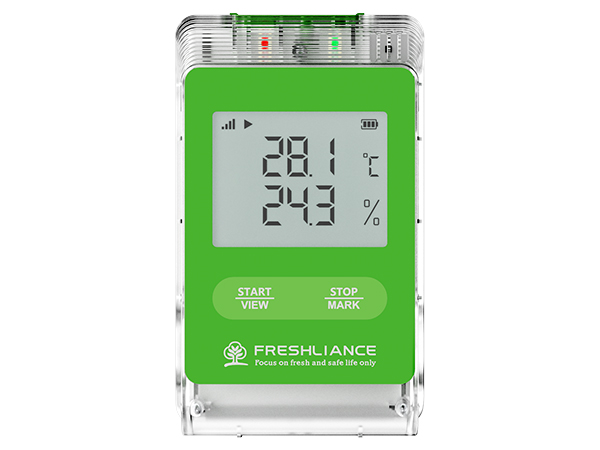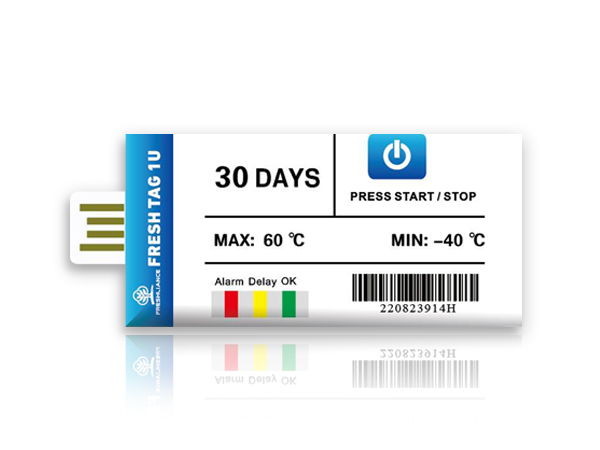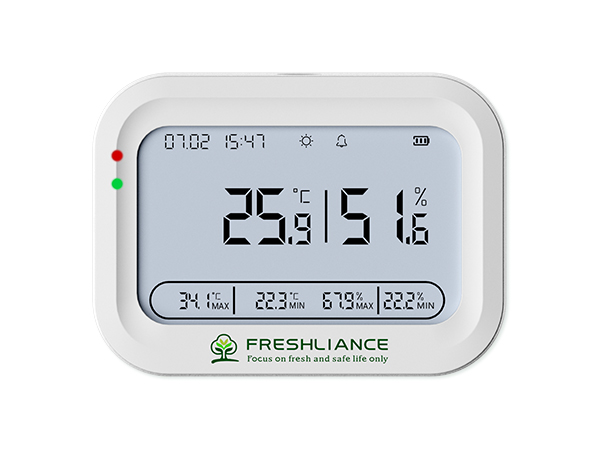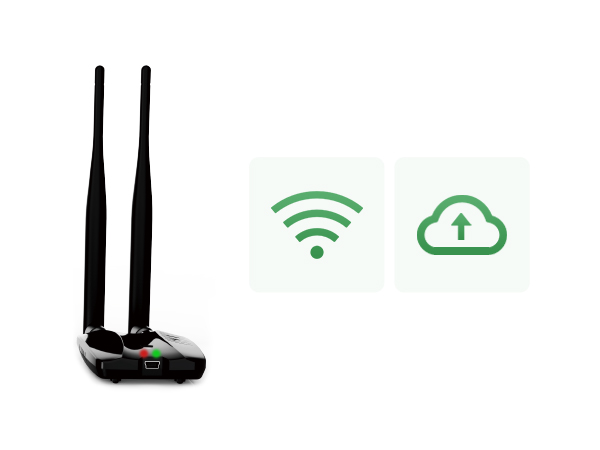To guarantee the integrity and quality of the products being transported, refrigeration transport, also known as temperature-controlled transport, involves using a mode of transport that strictly respects the cold chain. The vehicle used maintains a low temperature throughout the journey. This type of transport can involve food products (frozen foods and fresh produce), but not only: products from the pharmaceutical and cosmetics industries also require low-temperature transport (particularly vaccines, raw materials, blood products, etc.). From the international import of fish to the last-mile delivery of fresh produce in city centers, temperature-controlled transport is multi-faceted and takes place on every scale. Temperature monitoring is important.
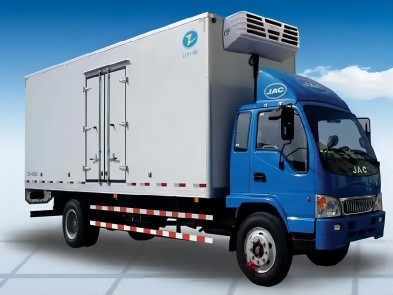
Refrigerated transport can be carried out by various modes of transport, such as rail, truck or air. To transport foodstuffs and healthcare products correctly, refrigeration systems specially designed for the task are all that's needed. However, when it comes to urban logistics, most transport is carried out by truck. Trucks need to be fitted with specific equipment to control different temperatures according to the type of goods being transported. This is known as multi-temperature delivery. Here are a few examples:
1. frozen goods at -18°C ;
2. ice cream at -20°C;
3. fresh produce between 2 and 4°C;
4. fruit and vegetables at +8°C;
5. wines at +12°C;
6. chocolates and confectionery at +17°C.
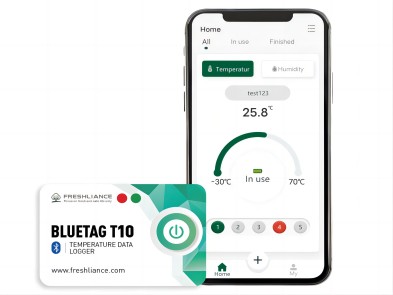
Temperature data loggers play an essential role in refrigerated transport. As a Bluetooth temperature data logger, the Blue Tag T10 is small in size. It's easy to connect and use. All parameters can be set via the cell phone application. This wireless HACCP temperature sensor can also be connected indefinitely. One sensor can be connected to an unlimited number of users on an unlimited number of phones. Bluetooth connection via the app, you can scan the code to read the temperature data through the app on your phone. The data logger complies with CE and RoHS standards, as well as EN12830 and HACCP temperature guidelines and requirements.

 English
English Español
Español Русский
Русский Français
Français Deutsch
Deutsch عربي
عربي 中文
中文